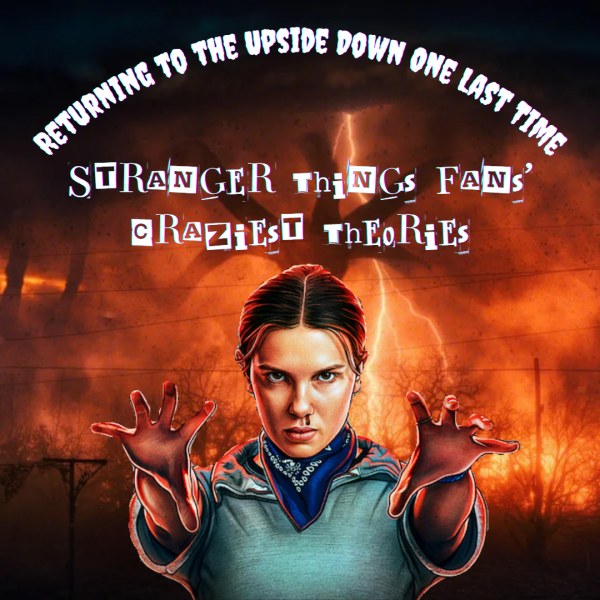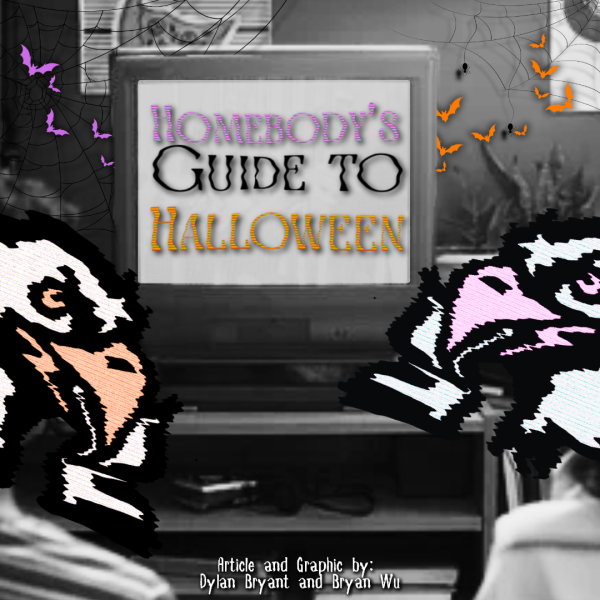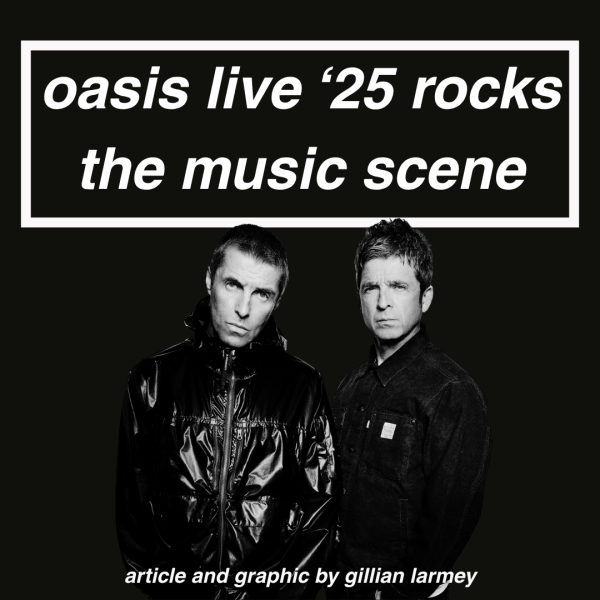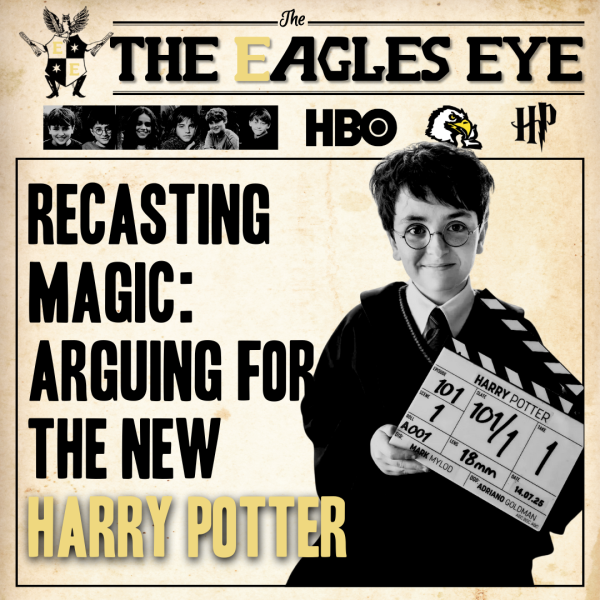Jojo Rabbit – My Favorite Movie of 2019
Jojo Rabbit is a 2019 black comedy satire and coming-of-age film directed by New Zealand’s Taika Waititi (Thor: Ragnarok, Hunt For the Wilderpeople,) and stars Roman Griffin Davis, Scarlett Johansson, Sam Rockwell, Rebel Wilson, Thomasin McKenzie, and Waititi himself, playing the role of Hitler.
I watch a lot of movies, and it’s one of my favorite pastimes. In 2019, I was working on expanding my horizons when it comes to film and watched every film that looked remotely interesting. An intriguing title, a well-designed poster, or recommendations from friends were more than enough to pique my interest. Even so, I’ve barely scratched the surface of the world of film. I watched Fight Club for the first time this year (and I’m absolutely in love with it by the way.) I’ve seen it 3 times since I first watched it last October. When I thought about it more, I realized I’d always had a love for film since I was little, and though some may consider it obsessive to watch a movie more than a few times a year, (or a few times a month…) it’s the norm for me. Everyone has a childhood obsession. Be it sports, a favorite video game, toy, or movies, etc. For 10 year old Johannes Betzler, nicknamed “Jojo,” it is his imaginary friend. However, this is no ordinary imaginary friend.
Jojo’s imaginary friend, and idol, is Adolf Hitler.
In the late days of World War II, Jojo (Griffin Davis) is sent to Hitler Youth camp, and after an incident with a grenade, the young boy is sent home to recover. His mother Rosie (Johansson) is a single mother trying to raise Jojo right and keep him safe. One day while Rosie is out at work, Jojo hears noises from inside the wall. When he investigates, he finds a Jewish girl, Elsa (McKenzie,) living in the wall. This is the catalyst that starts Jojo on his journey to growing up, and begins to realize that his outlook on the world isn’t as correct as he thought.
Nazi mockery is not new in cinema, but Waititi is on a level that perhaps no other director making this type of film has been before. This Hitler is hateful, however, he is also outlandish and childish in nature, such as a 10 year old boy’s outlook on the world would be. He frequently gets jealous when Jojo doesn’t pay attention to him, he is petty, at one point enjoying a unicorn (yes unicorn,) steak dinner while Jojo only has bread. Hitler’s scenes, though sparse, add to the humor and heart of the movie as he is challenged more and more by Jojo and his changing morals.
This movie is gorgeous from a filmmaking perspective. The cinematography is fantastic and all the sets are meticulously detailed. The film makes fantastic use of color in scenes when it needs to, with bright colors in scenes of Jojo running around town, or riding bikes with his mother, and more washed out colors when the film has its dark moments. The story is one of heartbreak and loss but also one of great happiness and triumphs. Waititi’s overall message is an appreciation and celebration of the gift of life, which he also illustrates with a quote at the end from a poet mentioned throughout the movie, Ranier Marie Rilke.
Let everything happen to you
Beauty and terror
Just keep going
No feeling is final
That quote really spoke a lot to me. In the context of the movie, it makes lots of sense, but at a time where myself and many peers around me have an uncertain future, (to some degree or another) ahead of them, it felt very poetic. Where other movies I may have enjoyed more, such as Parasite, which was an absolute masterpiece, and deserving of movie of the year, and Knives Out which was a fantastic whodunnit and murder mystery, Jojo was the movie that connected with me personally the most. I was reminded of my childhood when I wanted to be more grown up and have more responsibilities, and thought about how all I really want to do now is to be a child again. I saw myself in that place, thinking fondly of it for a bit after I saw the movie.
Waititi strives for an incredibly difficult tone in his movie, and takes a lot of risks in just the idea of the movie itself. Self described as an “anti-hate satire,” Jojo Rabbit shows nazi ideology from within and tears it down. Now we can all agree, nazis are not funny. Nor do we think of them as heartwarming. However, under all the slapstick humor and mockery of blind fanaticism, is a story that will have every moviegoer tearing up as they watch this young boy overcoming his fears of growing up, fitting in, and most importantly, not being a nazi. Without using over-the-top graphic violence, overtly sadistic villains, or a constant “evil” presence, His blend of comedy, tragedy, and themes of childhood romance and wonder create a fantastic world and a cast of loveable characters that will tug at your heartstrings.
Your donation will support the student journalists of Enloe Magnet High School, allowing us to cover our annual website costs. We are extremely grateful for any contribution, big or small!








